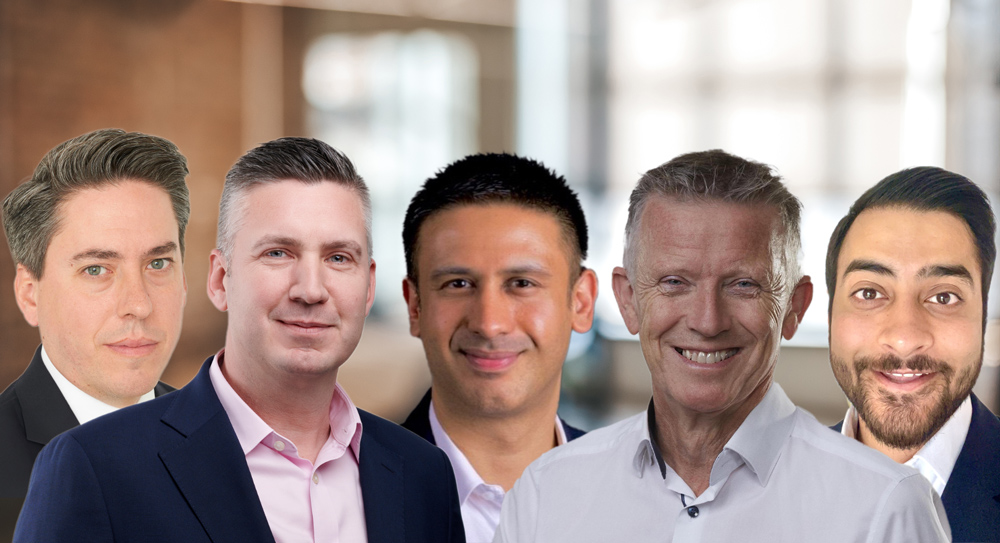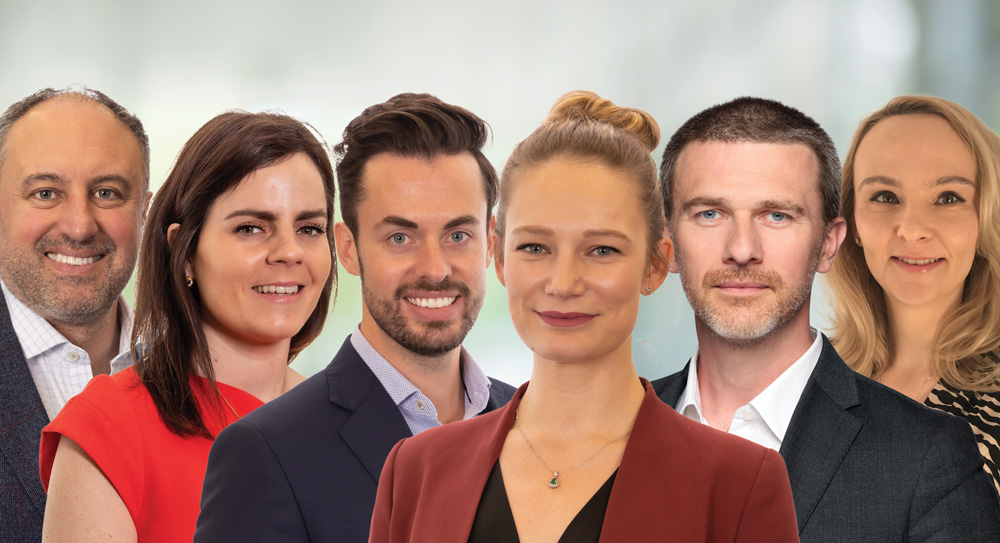Column: Everyone an ESG expert? Forget about it
Our talent force is struggling. Struggling with work – the constant flux, rapidly evolving responsibilities, technological advances and market competition. They are also struggling with life – battling the cost-of-living crisis, changes in motivation, social constructs and brains and bodies that are suffering as a consequence. All of this poses interesting questions for HR functions on how talent is attracted, retained and assessed.
A digital revolution, with AI developments taking centre stage, is reshaping many aspects of our lives. This has created efficiencies and conveniences beyond what we previously imagined possible but there have also been trade-offs, namely in mental function.
Digital dementia
AI applications have raised concerns about the impact on human learning and cognition. While it is not yet a common phrase, we are hearing more about ‘digital dementia’, which describes diminishing function in cognitive abilities linked to excessive digital device use.
Not sure what I mean? How many phone numbers can you remember? It is a task most people ‘used to do’ without thinking. They would pick up landline phones and punch in a string of digits almost unconsciously. With the arrival of smartphones and digital cloud storage, every contact detail you need (and don’t need) is saved for you. Now when calling or messaging someone, you probably never pay attention to the phone number, let alone commit it to memory.
Digital dementia is not yet medically recognised but is a topic of concern among medics, neuroscientists and psychologists. It should be too among HR functions, given their roles in talent development.
As with any new phenomena, we are still trying to fully understand its implications; however it seems to be a stronger trend among younger people because of their greater reliance on digital devices. The average time spent on screens by UK children under 10 is six hours per day! I suspect time spent on screens has been rising steadily and will continue to do so for the foreseeable future.
Despite its label, digital dementia is not memory specific – it affects the vast, complex mental systems in the brain. We are noticing shortened attention spans, decreased concentration and a reduction in critical thinking and problem-solving abilities.
This isn’t just an individual problem, this is a business problem. These abilities are what enable firms to stay ahead of competitors, to innovate, to predict future trends. A decline in such cognitive faculties impacts workers' ability to adapt to change, including to new ESG practices within their organisations.
ESG agenda
ESG has rightly increased in significance for companies in recent years but there are considerations in integrating ESG into company culture; employees need to be able to prioritise and balance competing demands, organisations need to align their company core values with the ESG agenda, integrate this into workflow, communicate it clearly, and educate and upskill employees.
I have heard anecdotally about companies upskilling the whole team on ESG rather than hiring for specialist ESG roles. I wonder how easy this really is and whether this will be the course of action for the next pressing issue. I think HR and learning functions should look first to developing (or restoring) thinking skills to remain at the forefront of market advances, and only then at building competencies and acquiring new skills.
Strategic initiatives are best sewn into the fabric of an organisation through its culture and values. That is the best way to align and engage people to deliver. It is a wonderful sentiment to hope to upskill everyone around a new initiative but with so many competing demands, a working world that only gets more complex and individuals struggling to keep ahead of content overload, and limited resources and diminishing learning capabilities, I wonder how realistic this goal really is.
This content is free for all our visitors.
Would you like to check out the rest of our fantastic offering? Get in touch with us to discuss our trial and membership options.
Contact usCategories: The ExpertESGESG policyHuman CapitalHR / talent managementWellbeing






